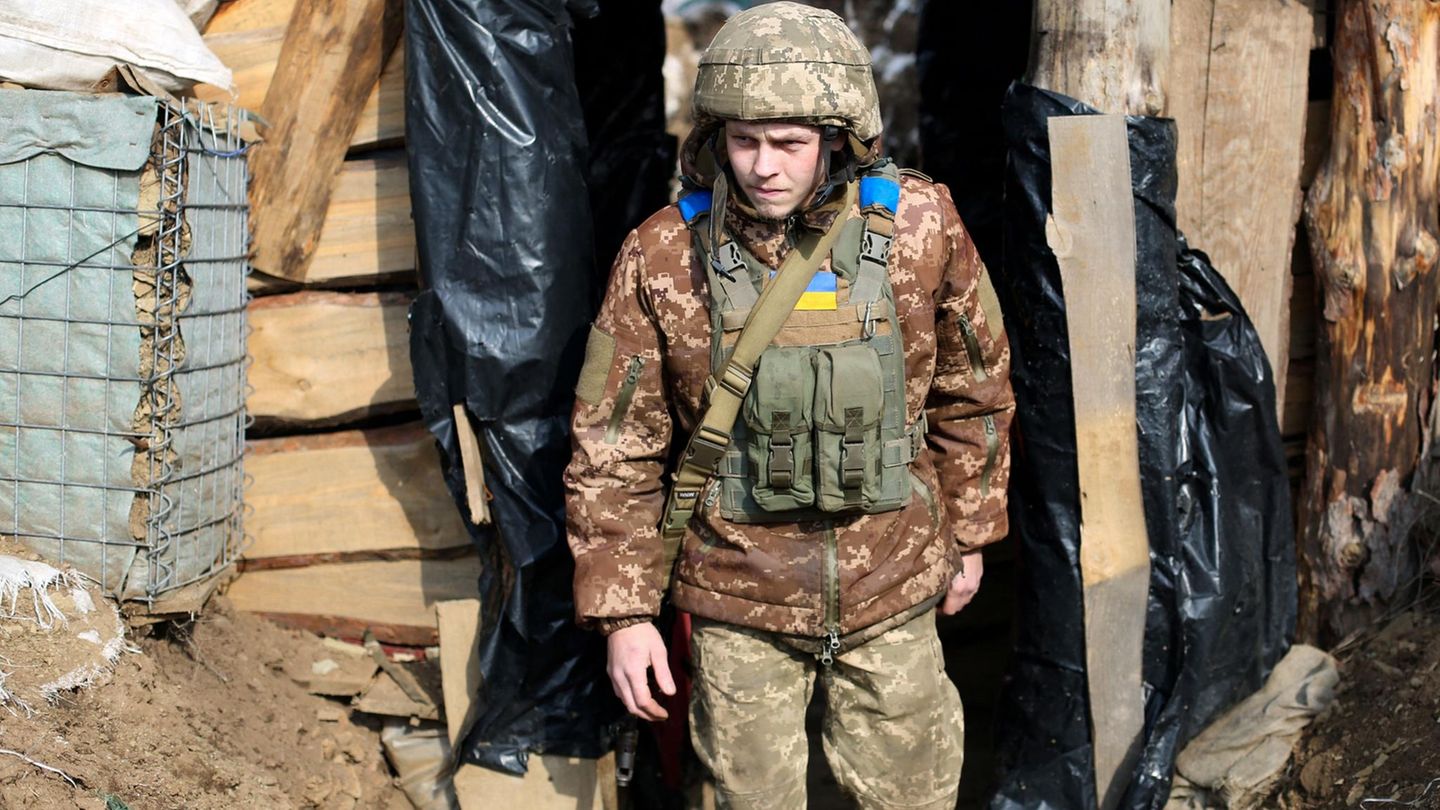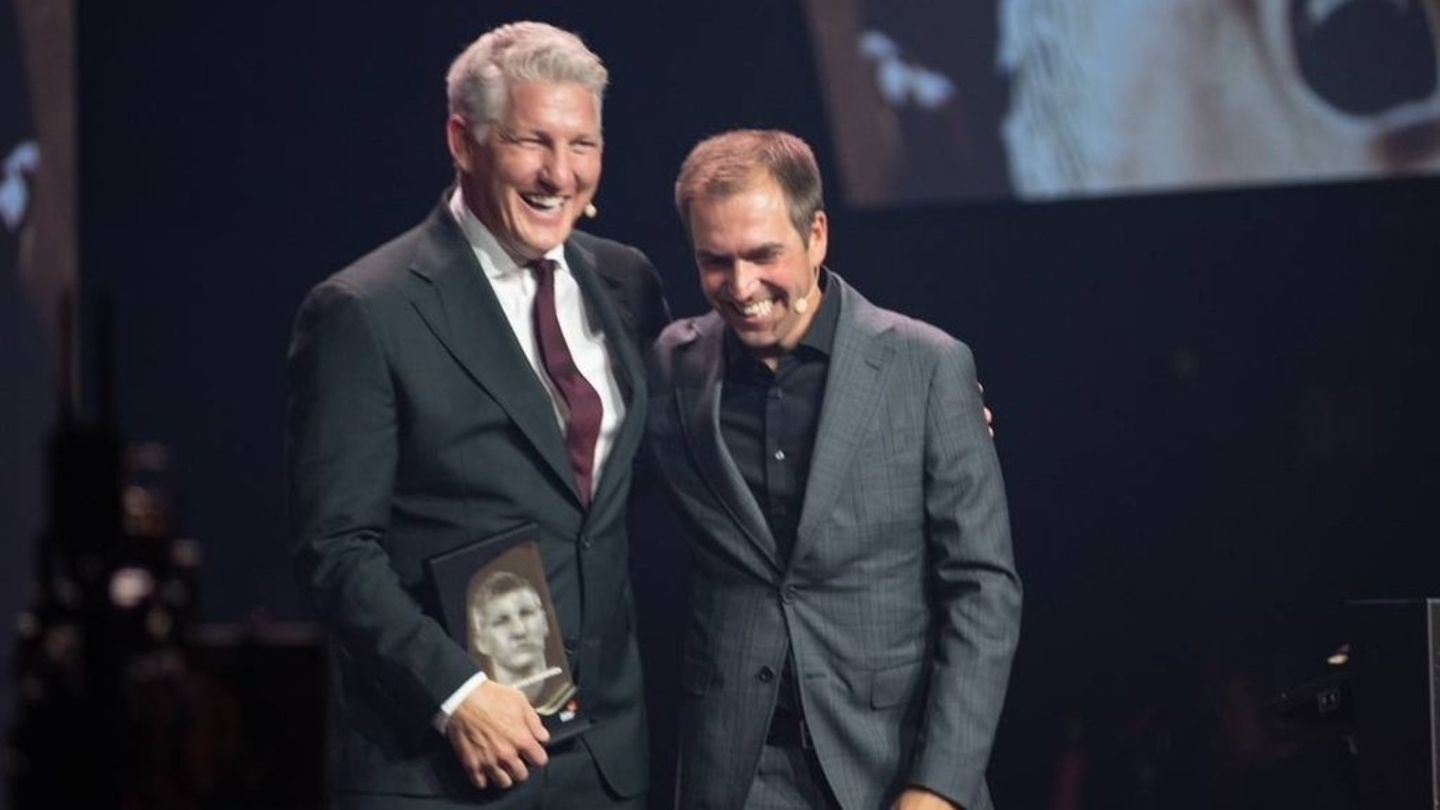The US has been talking about the “beginning” of an invasion, the Ukrainians have been talking about war for years, and in Germany what is happening in eastern Ukraine is seen more as a conflict or crisis. Is there even a proper term for it?
“The great war that we are so trembling about never happened. Nevertheless, it still threatens us,” writes the Polish newspaper Rzeczpospolita. For the US government, the recognition of the eastern Ukrainian separatist areas is the “beginning of an invasion”. In Germany, the media and politicians still tend to use the terms conflict or crisis when it comes to the events on Russia’s border, which the Kremlin is in the process of pushing further west. So what should you call all this?
The Ukrainians call it war
As so often, it depends who you ask. First of all, a war is always a conflict (and a crisis) and an invasion is mostly a war. The reverse is not necessarily true. At the end of 2013, people in Kiev rose up against the pro-Russia course of the then president. Shortly thereafter, pro-Russian separatists rebelled in parts of the East, culminating in a kind of civil war. Here, however, there is a problem with the term. Because the rebels were supported by Russia, both with arms and soldiers, it was basically an attack on Ukraine.
Many Ukrainians therefore simply call the events in the east of their country war. What else can one say about a military conflict in which around 13,000 people have lost their lives in eight years? In , two native Ukrainians have their say on the subject.
When Russian President Vladimir Putin announced that he would recognize the self-proclaimed People’s Republics of Donetsk and Luhansk as “states,” he immediately declared that he wanted to send the military there. Since the Donbas region belongs to Ukraine under international law, this announcement is nothing more than the announcement of a military invasion – which does not necessarily mean war, however. Because there are already many Russians living in the coal area, or those who have become so in recent years. Above all, however, people tend to orient themselves towards the East rather than the West. The units called “peacekeeping troops” by Putin are more likely to be greeted with joy in the separatist areas.
Exactly what territories has Russia recognized?
However, it remains to be seen whether this also applies to the rest of eastern Ukraine. Because the “states” now recognized by Russia are significantly smaller than the previously existing administrative areas of Donetsk and Luhansk. It is questionable, however, whether the rulers there (and Moscow) will also lay claim to the rest of the region. Some experts believe they are targeted by the Kremlin because of their industrial importance. The political pretext for this is already being constructed in the Russian media, where there is talk of mercenary activities against Russia.
Ultra-realistic politicians could object that the two separatist republics are lost to Ukraine anyway, that the people there who speak Russian pay in rubles and are also closely fraternized with Moscow. According to this view, Russian soldiers are not invaders either, but friends. This argument becomes more difficult when the military advances into the rest of the two oblasts (administrative units). Then the crisis would finally become an invasion and, in the worst case, a war.
USA: “The beginning of an invasion”
Even the US government is (still) fidgeting because conceptual sophistry on the foreign policy level can quickly have serious consequences. Jon Finer, Vice National Security Advisor to US President Joe Biden, said on CNN: “An invasion is an invasion and that’s what’s happening here. But Russia has been invading Ukraine since 2014,” he said. When asked why he didn’t unreservedly describe Russia’s recent actions as an “invasion,” Finer said he couldn’t be more specific. “This is the beginning of an invasion.”
Source: DPA, AFP, “”, “”, DPA fact checking, , ARD Weltspiegel
Source: Stern
David William is a talented author who has made a name for himself in the world of writing. He is a professional author who writes on a wide range of topics, from general interest to opinion news. David is currently working as a writer at 24 hours worlds where he brings his unique perspective and in-depth research to his articles, making them both informative and engaging.




